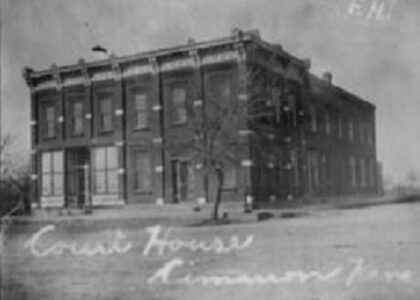Welcome to Newark, New Jersey, a city with a deep and diverse history that extends back to the colonial era. As you explore Newark, you’re walking the same streets where the threads of American history have been woven over centuries. Newark was officially founded in 1666 by Puritans led by Robert Treat from the New Haven Colony. Seeking religious freedom and new opportunities, these settlers established what would become New Jersey’s largest city.
In the 18th century, Newark evolved from a small Puritan outpost into a bustling town, thanks in part to its strategic location along the Passaic River and its proximity to New York City. During the American Revolutionary War, Newark played a significant role. The city was a site of strategic importance and was occupied by both British and American forces at different times. George Washington himself passed through Newark, and local militias helped support the Continental Army.
Moving into the 19th century, Newark became a hub of industry and innovation. It was known for leather manufacturing, breweries, and the production of celluloid, a precursor to modern plastics. The industrial boom attracted a wave of immigrants, adding to the city’s cultural tapestry. This era saw the rise of notable figures such as Seth Boyden, an inventor whose work in malleable iron and patent leather left a lasting impact on industry.
The 20th century brought both challenges and growth. During the early 1900s, the city was a center for the civil rights movement. Notably, in 1913, Newark became home to the Moorish Science Temple founded by Noble Drew Ali, a precursor to the Nation of Islam. This movement played a crucial role in promoting Black nationalism and religious identity among African Americans. Newark was also the birthplace of Whitney Houston, one of the best-selling music artists of all time, who grew up in the nearby town of East Orange.
Today, Newark is a vibrant city known for its rich cultural scene, including the Newark Museum of Art and the New Jersey Performing Arts Center. It remains a city of resilience and reinvention, continuing to play a significant role in the region’s economic and cultural landscape.
As you continue your journey, consider how Newark’s history reflects broader American themes of industry, immigration, and civil rights. It’s a place where history is not just remembered but lived, offering stories that connect the past with the present.




